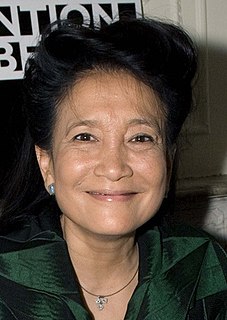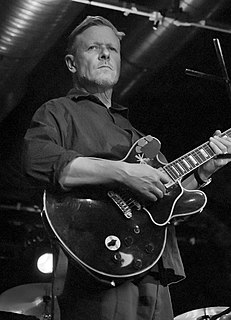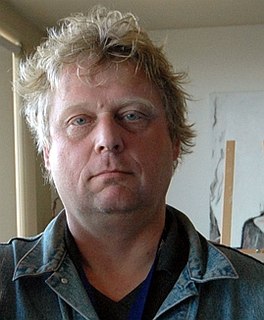A Quote by Jung Chang
While I was writing Wild Swans I thought the famine was the result of economic mismanagement but during the research I realised that it was something more sinister.
Related Quotes
It is a bit more challenging for the simple fact that now the stories I am writing are relying more on my imagination than on facts, more on research than on memory; so it is basically a slower writing process, more reading, more exploring. On the other hand, this approach is a little bit relieving too, since many times while writing [How the Soldieer Repairs the Gramophone] I felt too close and equal to my character.
I never thought about writing a novel until I was 13, and that happened by chance. I was on school holidays, and I was bored, and I thought I just wanted to do something to occupy myself instead of asking, 'What can I do, mum? Entertain me.' I started, and it really just took over, and I realised, 'Wow, this is an amazing experience.'
I was talking to Shonda Rhimes the other day and I said, "I. Do. Not. Know. How. You. Do. This." While we're writing episode 10, episode 6 is shooting, episode 3 is in the edit, and episode 2 is in its color session...You've got seven episodes in different parts! It's a wild, wild, wild ride, which I thoroughly enjoyed. It was badass and amazing.
Discovery still happens in the writing. You start in nonfiction with a whole lot more going for you, because all the discovery isn't waiting to be made. You've made some of it in the research. As you get deeper into a piece and do more research, the notes are in the direction of the piece - you're actually writing it.






































